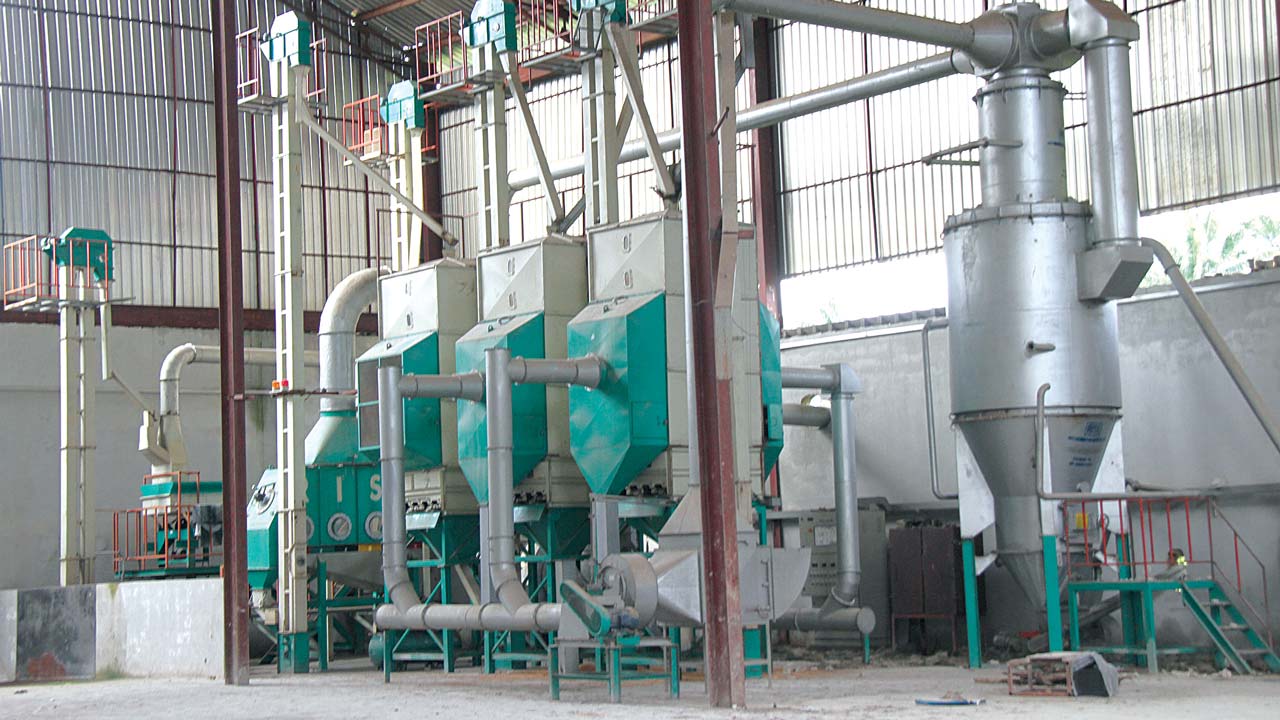
• Only 3, 483 Projects Completed Out Of 8, 558
• Received N594b For 7 Years
• Cannot Account For N7.4b
17 years after the establishment of the Niger Delta Development Commission (NDDC), oil-producing communities are still grappling with physical and socio-economic concerns that necessitated its creation.
Among other things, the NDDC was created to help identify factors inhibiting the development of oil-producing states, to conceive, plan and implement, in accordance with set rules and regulations, projects and programmes for the sustainable development of the area in the field of employment, industrialisation, agriculture and fisheries.
Rather than excel in these areas, the interventionist agency has made a huge success of littering the entire region with hundreds of sub-standard and abandoned projects worth billions of naira, while also awarding sleazy contracts, as well as, issuing certificates of completion for contracts not executed.
Also at the root of the commission’s abysmal showing are poor planning in some cases; failure to properly incorporate community residents in development decision processes, and lack of coordination among development agencies in the region leading to duplicated, abandoned and sub-standard projects.
In addition, the commission in its 2nd Quarter Report for 2016 (on page 33), mentioned as one of its challenges, “non-compliance with procurement procedures, resulting in the incidence of high failure rate of projects and programmes. The report also stated that out of 8, 558 projects initiated by NDDC since inception, only 3, 483 (representing 40.7%) were completed as at June 2016.
The Nigeria Extractive Industries Transparency Initiative (NEITI) early this year revealed that the commission received the sum of N594 billion between 2007 and 2014, but could not account for about N7.4 billion allocated for developmental projects.
Peeved by the avalanche of abandoned projects across the nine benefitting states, Minister of Niger Delta Affairs, Usani Uguru Usani, who supervises the agency, recently directed an immediate audit of all projects abandoned by the agency.
Worried by NDDC’s growing irrelevance, the Coordinator, Centre for Peace Development and Child Welfare, Inemo Samiama, insists it was time that government took decisive steps to end the agency’s poor run.
“Somebody needs to take some drastic measures to sanitise the place because the people are awarding contacts to themselves through proxies. Worse of all, they award contracts that are never executed and pay mobilisation fees. The number of contracts and projects that are abandoned, and littering the Niger Delta is simply shocking.
Somebody has to do something about the high level impunity in the NDDC. So, I think it is time for some people to be penalised otherwise the Niger Delta people would not reap any benefit from the commission,” he said.
Speaking in the same vein, chairman of Niger Delta Civil Society Coalition, Anyakwee Nsirimovu, claimed the NDDC has never truly been an intervention agency set out to improve and accelerate the economic and social development of the region.
Nsirimovu demanded a complete purge, and punishment for those, who have engaged in primitive accumulation of wealth at the expense of the fundamental objectives of the body. This he said would serve as a just recompense for varying shades of atrocities committed there over the years.
On her part, founder of Agape Birthright, Ms. Ann-Kio Briggs, said it was regrettable that 17 years after the NDDC was set up to drive the process of sustainable development of the Niger Delta in the areas of health, education, employment, industrialisation, agriculture and fisheries, water supply, and electricity, oil producing communities remain neglected, impoverished, and abused by poor management at the agency.



